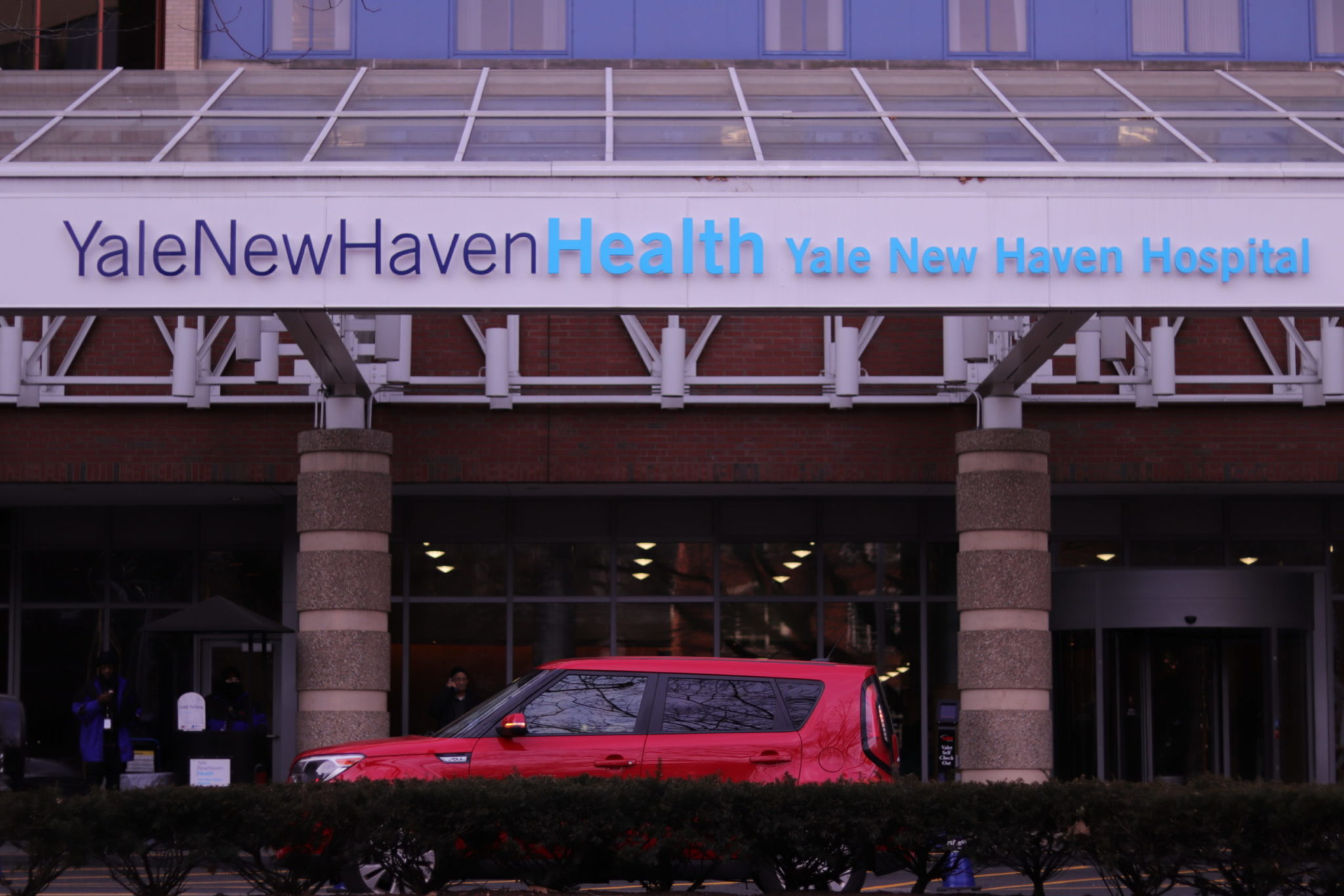“It’s an absolute nightmare”: Family of deceased son sues YNHH for neglect
The family of Billy Miller, who passed away from fentanyl overdose after spending seven hours unattended in YNHH, is taking legal action against the hospital on grounds of neglect and miscommunication.

Yale Daily News
Tina Darnsteadt went to sleep on May 10 assured that Yale New Haven Hospital was giving her son Billy Miller proper medical treatment for an overdose.
Earlier that day, 23-year-old Billy ingested a “white powder” that was unknowingly laced with fentanyl. Local first-aid responders administered him naloxone and rushed him to the hospital.
Instead of receiving an additional naloxone dose, however, Billy spent seven hours lying unattended in the ambulance bay of the hospital. Security footage shows people walking by him all night. Around 2 a.m. on May 11, a nurse found that he had been experiencing a cardiac arrest for an unknown period of time.
Despite bringing his pulse back, medical professionals pronounced Billy brain dead the next day. Billy’s family is now pursuing legal action against YNHH, under the representation of Sean McElligott LAW ’01.
“My son was a victim,” said Billy’s mother, Tina Darnsteadt.
“When you lose someone, the grieving process is different for everybody. But with the nature of how my brother passed, he didn’t just die — he was killed,” Billy’s sister Rebecca Miller said.
After Billy was taken to the hospital, Rebecca called three times to check up on him. Every time, she was reassured with “no tone of concern” that he was in an ambulance bay within the hospital — leading her to believe that there was no immediate cause for familial intervention.
Moreover, earlier that same day, Darnsteadt thought Billy sounded normal on a phone call while in an ambulance on the way to the hospital. He had just been given naloxone, a drug that reverses fentanyl’s potency but is unable to outlive fentanyl in the human body system, thus requiring it to be readministered.
The miscommunication was not just logistical –– Billy’s family members were not aware of the complicated biological relationship between fentanyl and naloxone. Had they been properly informed by hospital staff, they said, they would have been more vigilant in their pursuit of updates and answers in the hours leading to Billy’s death. Darnsteadt characterized the communication from YNHH as “unacceptable.”
“Yale New Haven Hospital is aware of this lawsuit and is committed to providing the safest and highest quality of care possible,” YNHH Media Coordinator Mark D’Antonio wrote in a statement. “However, even in the best organizations gaps in care may occur … We have offered our sincere apologies to the family of the patient and are working towards a resolution.”
The Miller family is basing their suit on the grounds of neglect, nontransparent communication between hospital administration and patient family members, as well as the potential overarching stigmas confronting overdose patients at the hospital.
“I can’t understand how it could be acceptable that there could be ‘gaps in care,’ and I think seven hours is a disgusting gap in care,” Darnsteadt said. She described the hospital’s statement as “[not] a sensitive comment to what happened to my son or my family.”
Despite the lawsuit, Billy’s family said, persistent frustration harbored toward the hospital is not going to alleviate their pain.
Darnsteadt and Rebecca are focusing their efforts on increasing public advocacy on proper hospital procedures and tackling stigmas surrounding drug addiction. Darnsteadt said she plans to distribute literature that encourages seeing “addiction as a disease” and providing suggestions as to how family members can inquire about a hospitalized loved one’s status. The family also hopes to raise medical, public and legislative awareness of the importance of unbiased medical practice and Fentanyl-testing strips.
The family is in the early stages of determining how they can push existing legislation to include fentanyl toxicity occurrence and combat medical malpractice surrounding addiction amid an ongoing national fentanyl epidemic and opioid crisis.
“We truly don’t know how many other victims there just might be and why,” said Darnsteadt. “You’re in a hospital to feel safe. My son wanted to be there. He didn’t lose his patience … and he was scared that it happened to him but he felt that it was okay. It’s an absolute nightmare.”
Darnsteadt said that all of Billy’s organs were viable and donated. One of his kidneys even happened to be a perfect match for a family friend.
“He saved lives, and we’re gonna just keep his name going and advocate and educate,” said Darnsteadt. “It is emotional … [he] saved li[ves], but my son should be here today.”
The Substance Abuse and Mental Health Services Administration National Helpline is 1-800-662-4357.







